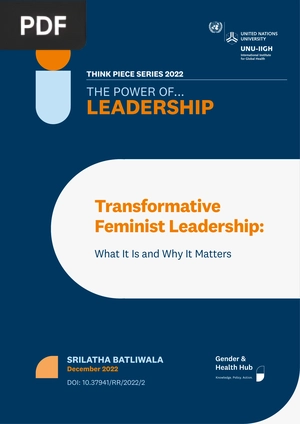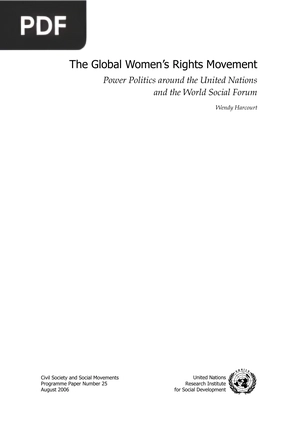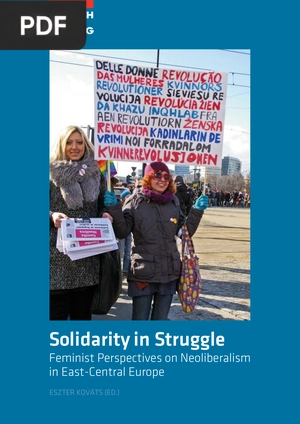Feminists Talk Whiteness
Author: Leigh‑Anne Francis and Janet Gray
*Wait a few seconds for the document to load, the time may vary depending on your internet connection. If you prefer, you can download the file by clicking on the link below.
Document Sheet
Title: Feminists Talk Whiteness
Author: Leigh‑Anne Francis and Janet Gray
Pages: 369
File size: 2.51 MB
Format: PDF










































